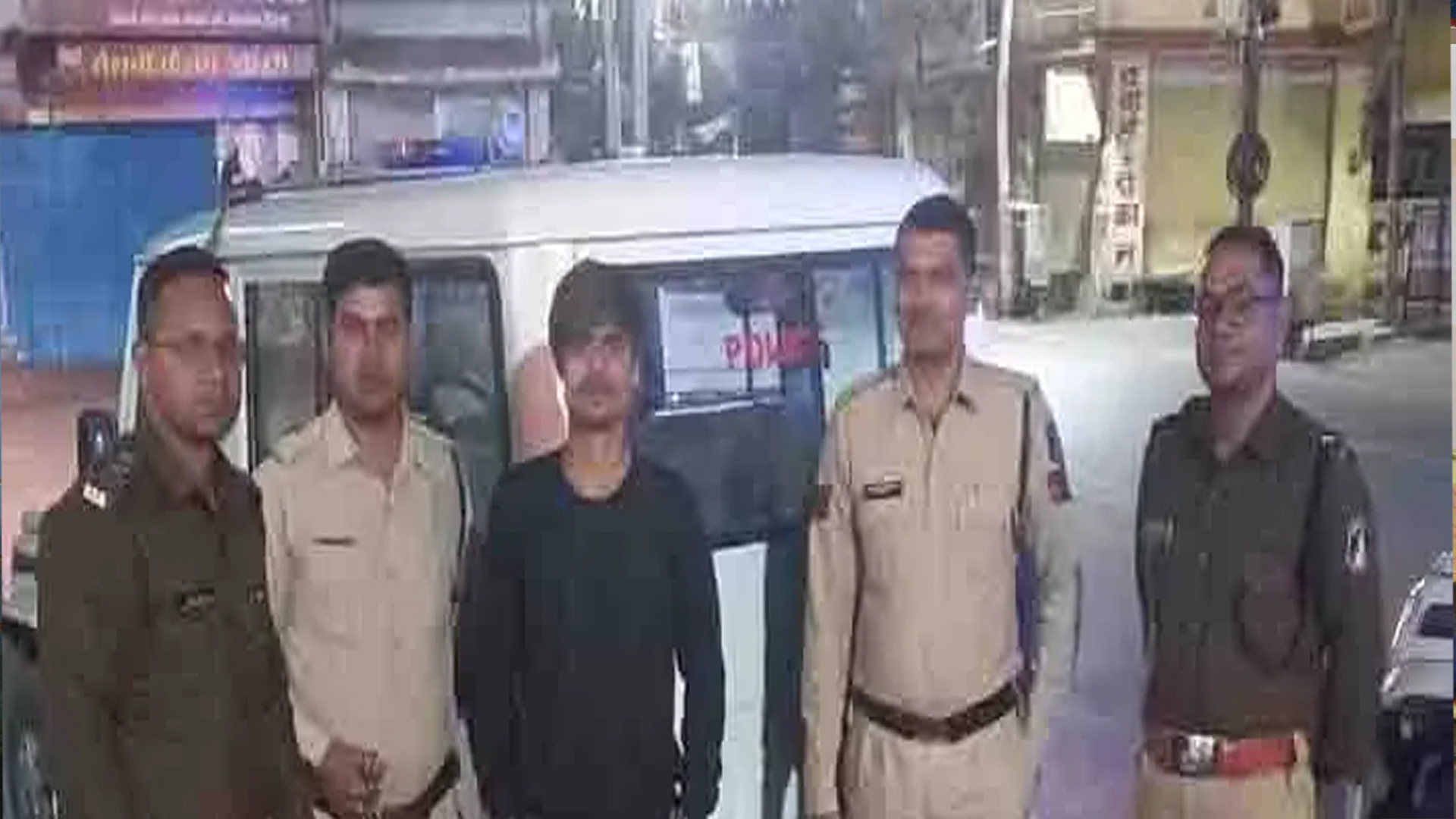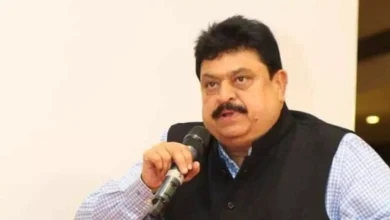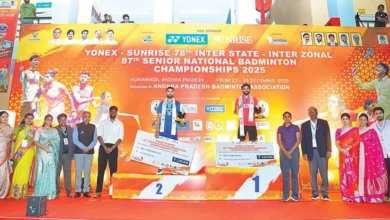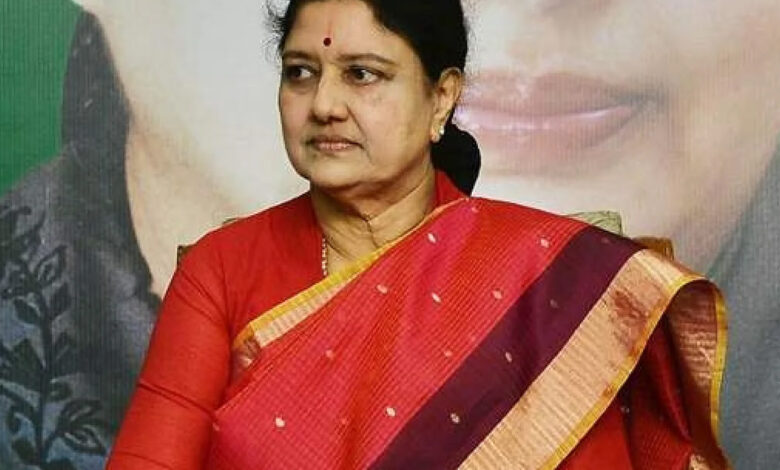Top European diplomats meet in Kyiv to support Ukraine as signs of strain show among allies
Some of Europe’s top diplomats gathered Monday in Kyiv in a display of support for Ukraine’s fight against Russia’s invasion as signs emerge of political strain in Europe and the United States about the war.
The foreign ministers from the European Union’s 27 member countries converged on the Ukrainian capital for an unannounced informal meeting that officials said would review the bloc’s support for Ukraine and discuss Ukrainian President Volodymyr Zelenskyy’s proposed peace formula.
EU foreign policy chief Josep Borrell said the foreign ministers’ first joint meeting outside EU borders sent a signal that EU support is “unwavering” and underscored the EU’s commitment to Ukraine.
The United States, the EU and the United Kingdom have provided massive military and financial support to Ukraine, enabling it to stand up to the Kremlin’s attack. The assistance is crucial for Ukraine’s weakened economy and has so far been open-ended.
But uncertainty has set in over how long Kyiv’s allies will keep sending it billions of dollars (euros).
US President Joe Biden on Sunday reassured allies of continued US financial support for the war effort, after Congress averted a government shutdown by adopting a short-term funding package that dropped assistance for Ukraine in its battle against Russia.
Many US lawmakers acknowledge that winning approval for Ukraine assistance in Congress is growing more difficult as the war grinds on.
Ukrainian Foreign Minister Dmytro Kuleba told reporters that Ukraine held discussions with representatives of both parties in the US Congress to ensure more help will arrive.
“The decision was taken as it was, but we are now working with both sides of the Congress to make sure that it does not repeat again under any circumstances,” Kuleba said.
“The question is whether what happens in the US Congress last weekend is an incident or a system. I think it was an incident,” he added.
The EU meeting in Kyiv took place after the weekend election victory in EU member Slovakia of Robert Fico, whose pro-Russian agenda has increased the question marks about the EU’s continued support for Kyiv.
The small eastern European country could bring more tension to the EU’s discussions on Ukraine, as has happened with Hungary’s at-times cool attitude toward Kyiv. Budapest has maintained close relations with Moscow and argued against supplying arms to Ukraine or providing it with economic assistance.
The foreign ministers of Hungary and Poland were not at the Kyiv gathering.
Danish Foreign Minister Lars Løkke Rasmussen said Europe must be ready to provide further help “for many good reasons”.
“First of all, in order to support Ukraine, but also to send a strong trans-Atlantic signal that what’s going on on our own soil is something we have to take on a great responsibility for,” Løkke Rasmussen said.





